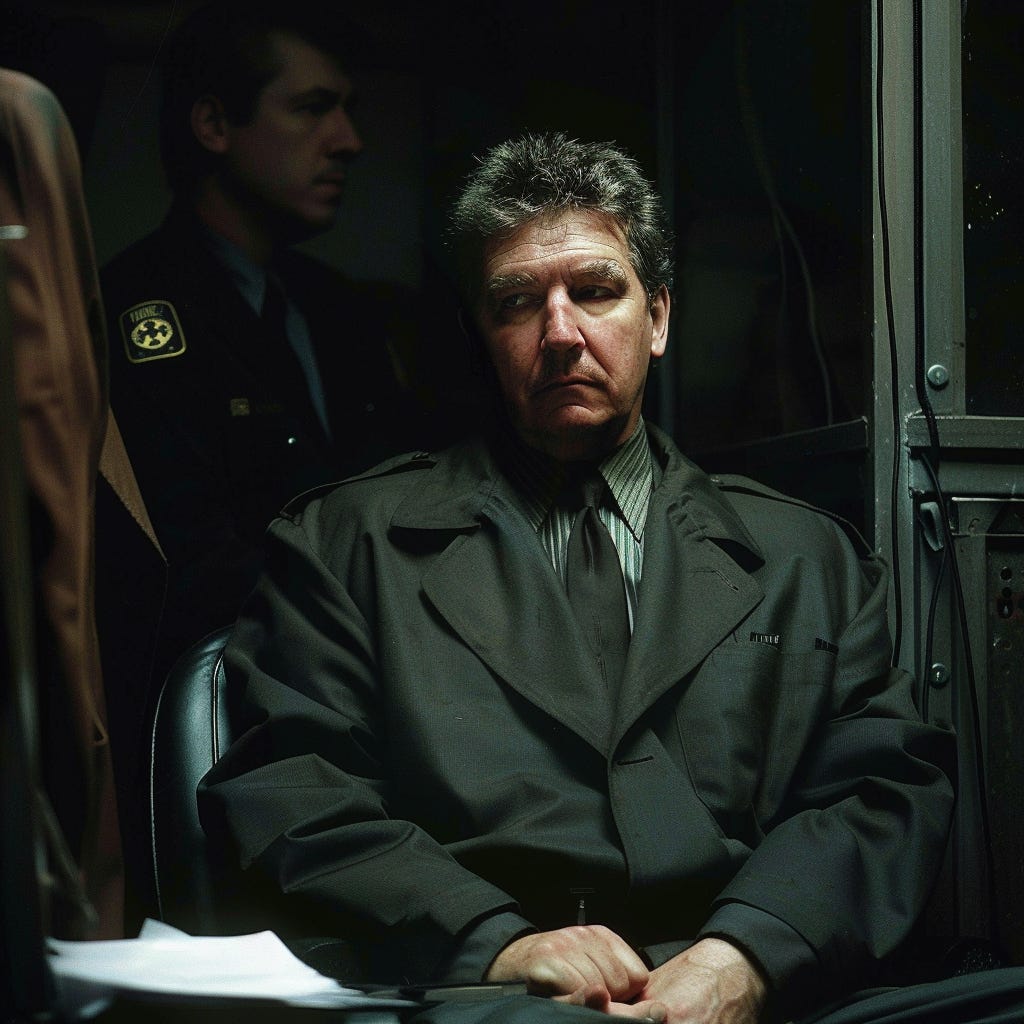The FBI Agent Who Helped Whitey Bulger Escape: The Disgraced Legacy of John Connolly
South Boston native turned FBI agent John Connolly went from chasing gangsters to becoming one
Background
Just a few days before Christmas in 1994, notorious South Boston crime boss James “Whitey” Bulger fled Boston with his longtime girlfriend Catherine Greig.
He was fleeing the place where he had risen up the ranks of the city’s underworld, essentially becoming South Boston’s boogie man.
Although his departure had come suddenly and unexpectedly, in truth, Bulger had been preparing for this for years. He had squirreled away millions of dollars from his decades of criminal activities and deposited it in various bank accounts in the United States as well as overseas. He had amassed a collection of false identifications as well as various disguises.
Bulger was a shrewd criminal who knew that someday, his only chance at freedom would be life as a fugitive. He had meticulously planned for this inevitability, which allowed Bulger and Greig to successfully evade capture for more than 16 years.




